How much can I claim for using my home as an office
Many contractors don’t have a separate office and instead will use their home as an office either using a garden office, separate room in the house or just using the kitchen table!
You may complete fee earning work from home or it may just be company bookkeeping and administration. In either case, it is fair that you should make a charge to your Company for this facility however calculating how much is a fair amount to pay is crucial.
How much can I claim?
In 2012 HMRC introduced a fixed rate, which is £6 per week. This flat rate expense is published by HMRC as a fair approximation of the costs associated with using your home as an office and does not require receipts or further justification.
We have not seen an increase in the amount of HMRC enquiries into use of home claims however it is worthwhile looking at a justification for claims in excess of £6 per week.
There are two options:
- Claim the £6 per week use of home as office expense as published by HMRC. This is the easiest option as does not require further justification or receipts.
- Provide justification for a higher claim. On this basis you would add up the costs associated with running your home and apportion a claim for the amount of space and time used by your Company.
How do I justify a higher claim?
The below formula is a good basis for calculating an apportioned charge for a use of home as office claim:
B + (D% x C) x E = F
A
Where:
A = The total number of rooms in the home excluding bathrooms and hallways
B = The number of rooms dedicated solely for business use
C = The number of rooms used partly for business and partly for personal use
D = The percentage of time spent for business use in comparison to personal use
E = The total variable home expenditure such as heat and electricity
What counts as a room when calculating B?
HMRC says you should count “normal living spaces” as rooms. Therefore, you should include your kitchen, living room, dining room, bedrooms, home office, but you should exclude hallways and bathrooms from your calculation.
What types of costs can I include in E?
Bills associated with running your home which fluctuate depending on usage can be included. Examples include heating and electricity costs.
Costs which are fixed and don’t change depending on usage cannot be included. This is because HMRC state that these costs would occur whether the individual worked from home or not. Examples of fixed costs are mortgage payments, rent, council tax, repairs and home insurance.
What else do I need to consider?
A business using a substantial part of their property for business use may have implications on capital gains tax, business rates and principle private residence relief. Please contact SG Accounting if you would like more information.


